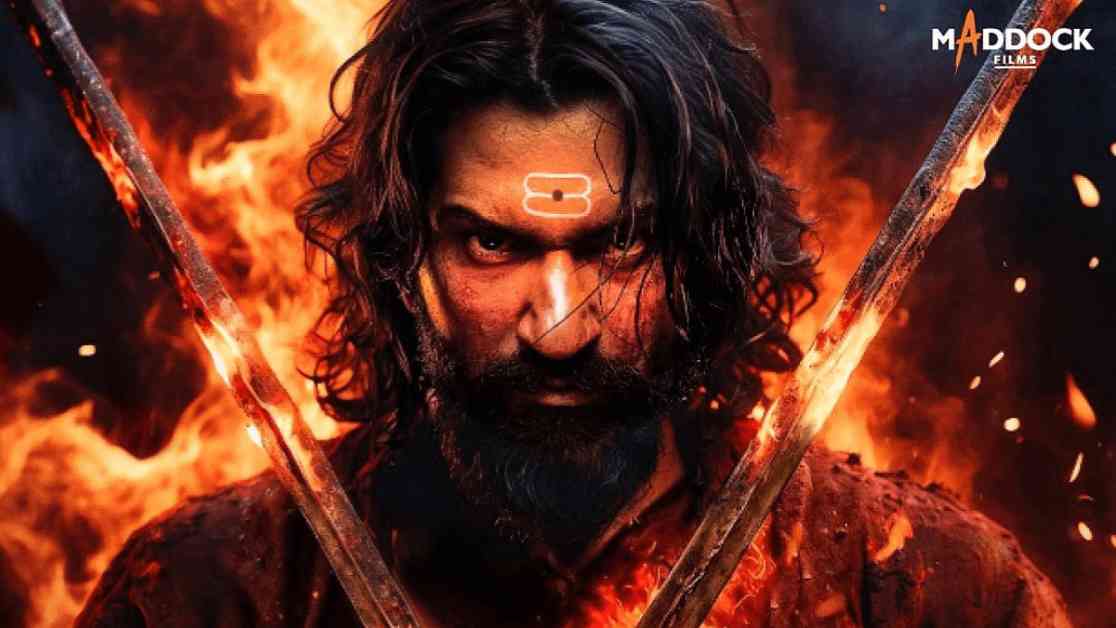Vicky Kaushal’s Chhaava: A Tale of Missed Opportunities
Chhaava, starring Vicky Kaushal and Rashmika Mandanna, directed by Laxman Utekar, is a period film that has piqued the curiosity of audiences since its announcement. The trailer promised grandeur and historical drama, but does the movie deliver on its potential? Let’s delve into the world of Chhaava and see if it’s worth your time and money.
Chhaava: A Historical Epic
The storyline of Chhaava revolves around Chhatrapati Sambhaji Maharaj, the son of Chhatrapati Shivaji Maharaj, who must defend Deccan from the clutches of Aurangzeb after his father’s passing. Sambhaji Maharaj’s unwavering commitment to preserving Swaraj forms the crux of the narrative as he battles against the Mughal ruler to protect his kingdom. The film is an adaptation of a Marathi novel of the same name, with a screenplay crafted by a team of writers led by Laxman Utekar.
Utekar, known for his light-hearted films like Luka Chuppi and Mimi, takes a leap into the realm of historical epics with Chhaava. While the scale of the film is impressive, the execution falls short of expectations. The first half of the movie lacks the energy and excitement that one would expect from a tale of valor and conquest. As the story progresses, the anticipation builds for a thrilling climax, but the film fails to deliver on the promise of high-stakes action and emotional depth.
Despite being a movie centered on a Maratha warrior, the dialogues predominantly in Hindi and the lack of a Marathi touch in the actors’ performances detract from the authenticity of the narrative. Unlike films like Bajirao Mastani, where the characters seamlessly transition between Hindi and Marathi, Chhaava struggles to capture the essence of its historical setting.
Chhaava: The Performances and Music
In terms of performances, Vicky Kaushal shines in moments of intensity and emotion, showcasing his versatility as an actor. Rashmika Mandanna, as Yesubai, brings grace and strength to her character, but her accent detracts from the overall immersion in the story. Akshaye Khanna’s portrayal of Aurangzeb is commendable, but underutilized, leaving audiences wanting more from his character.
The music of Chhaava, composed by AR Rahman, fails to leave a lasting impact, with songs that lack the essence of Marathi folk music. The background score, while grandiose, often feels disconnected from the tone of the film, missing an opportunity to enhance the storytelling through music.
In conclusion, Chhaava presents a visually stunning portrayal of historical events but falls short in capturing the essence of the era it seeks to depict. While the performances are commendable, the lackluster execution and pacing of the narrative leave audiences wanting more. As Aurangzeb aptly puts it in the film, ‘Mazaa Nahi Aaya’ – a sentiment that resonates with viewers looking for a more engaging cinematic experience.
As the curtains close on Chhaava, audiences are left pondering the missed opportunities and untapped potential of a story that had the promise of greatness.














